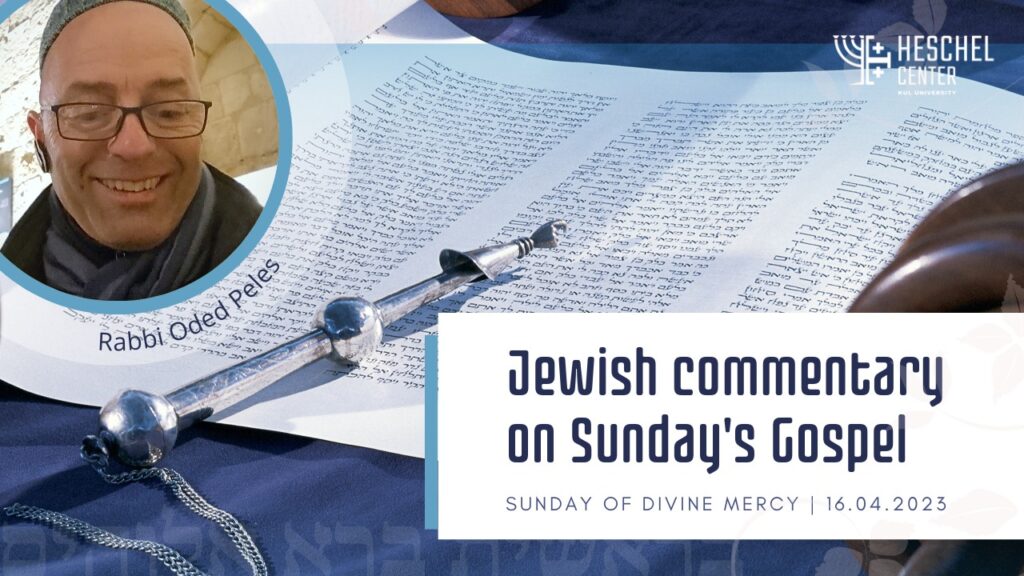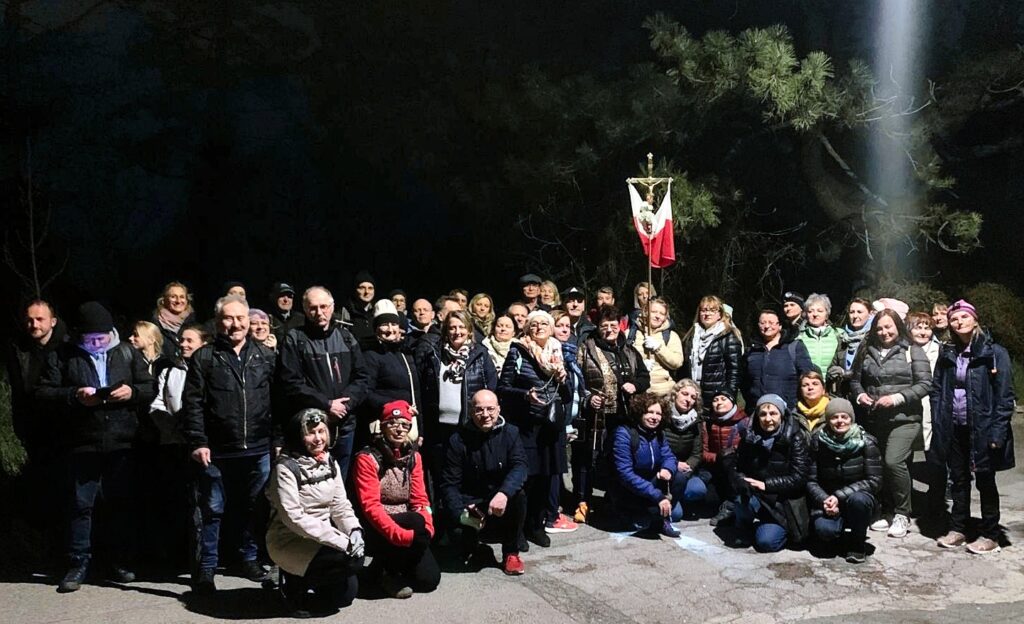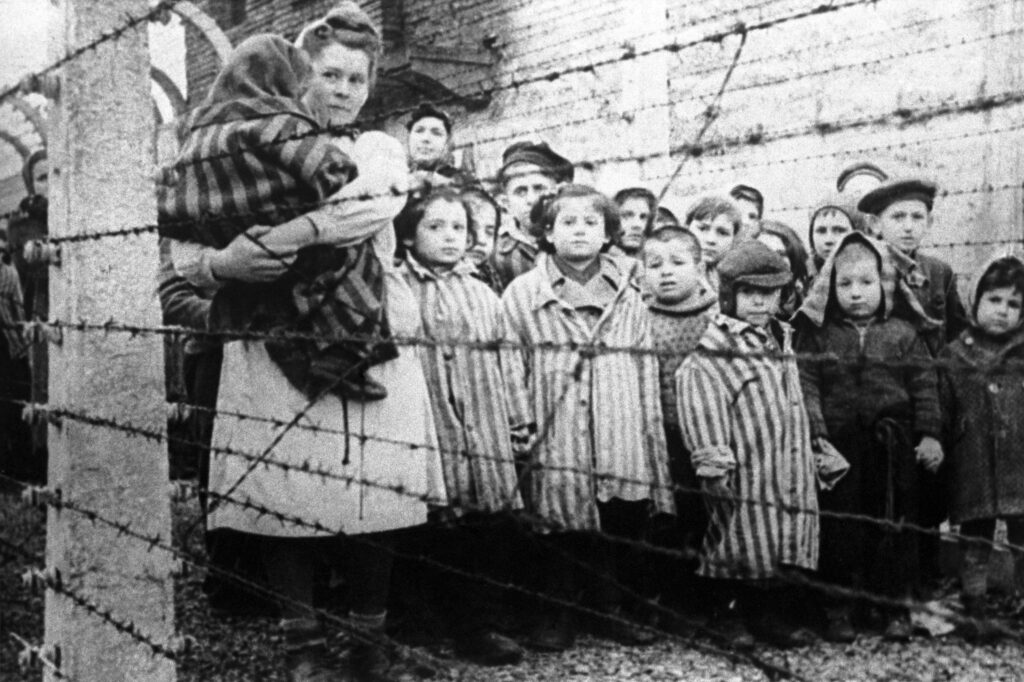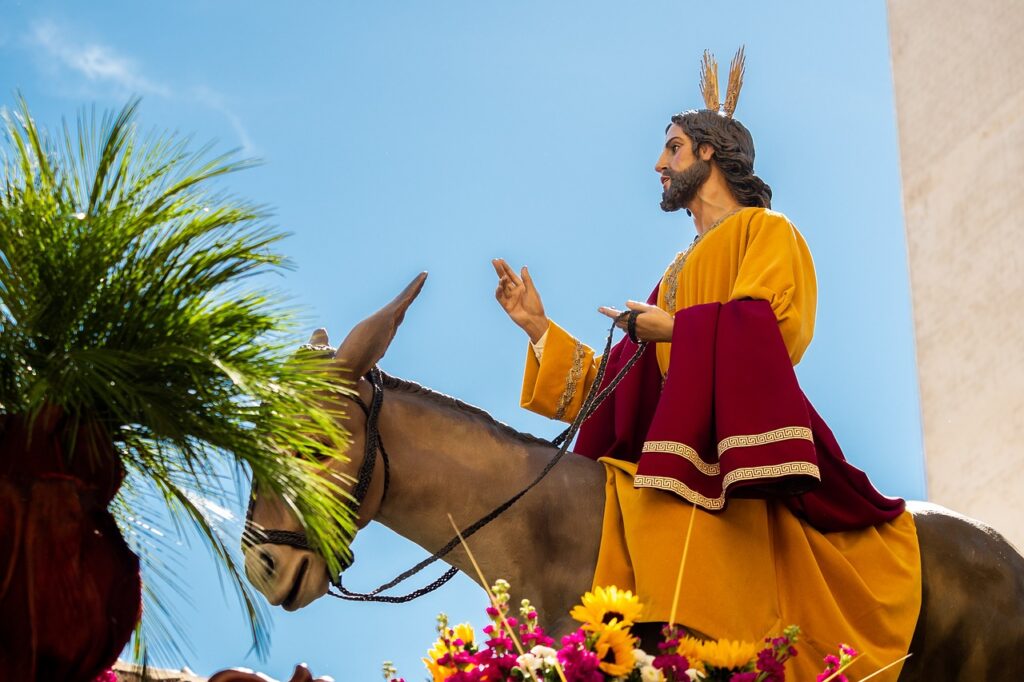God’s mercy inscribed on the pages of the Old Testament
Before we turn to the merciful God for forgiveness, we must first forgive others and ask forgiveness for our sins. The path to forgiveness requires from us a significant effort of body and soul – writes the Israeli educator Rabbi Oded Peles in a commentary for the Heschel Center of the Catholic University of Lublin. […]

Before we turn to the merciful God for forgiveness, we must first forgive others and ask forgiveness for our sins. The path to forgiveness requires from us a significant effort of body and soul – writes the Israeli educator Rabbi Oded Peles in a commentary for the Heschel Center of the Catholic University of Lublin. Referring to the Sunday Gospel, he shows the biblical sources of the teaching about Divine Mercy and emphasizes that God revealed His Mercy already on the pages of the Old Testament.
The request for forgiveness of sins was present in the history of the Chosen People almost from the beginning. Moses begged God for mercy after the Israelites sinned by paying homage to the golden calf on Mount Sinai. King David, after his sin with Bathsheba, left us the Psalms. The Old Testament stories are an example and show the way in which God revealed His Mercy to the Chosen People.
In his commentary on the Gospel for Mercy Sunday, recalling the Jewish holy day of Yom Kippur – the “Day of Atonement”, Rabbi Oded Peles emphasizes that forgiveness is a gift, but also a challenge, and “The path for forgiveness and reunion with God must include a deep personal process of compassion. Looking inside our hearts as well as hearing our fellow friends cries for reconciliation”.
We publish a full test of the commentary
Children always find it challenging to forgive their fellow friends who offended them.
Does it even make sense to forgive someone who upsets us? Forgiveness is a challenge.
In the Gospel according to John (Jn 20:23) Jesus is teaching: “Whose sins you forgive are forgiven them, and whose sins you retain are retained”.
After the Israelites sinned with the Golden calf, Moses if pleading God to forgive and have mercy on the Nation. God is teaching us via Moses how to renew the covenant – by praying the Thirteen Attributes of Mercy (Exodus 34:6-7). A prayer, which is the key appeal during the Holy Day of Yom Kippur – the “Day of Atonement” when we ask and pray to God to forgive us.
However, it is King David who taught us about sin, about confession and the path to forgiveness. After the king had sinned with Bath-sheba, he is begging God: “Be gracious unto me, O God, according to Thy mercy; according to the multitude of Thy compassions blot out my transgressions. (…) For I know my transgressions; and my sin is ever before me. (…) Create me a clean heart, O God; and renew a stedfast spirit within me” (Ps 51). The same King who reached heights of worship, praise and closeness with God: “The LORD is my rock, and my fortress, and my deliverer” (Sm 2:22). And the King would do so in the middle of the night: “At midnight I will rise to give thanks unto Thee because of Thy righteous ordinances” (Ps 119:62).
And so, during the month of Elull, the month of mercy and forgiveness and throughout the High Holidays period, Jewish people will get up very early in the morning to plead God to forgive them. Forgiveness requires of us a significant effort of body and soul in order to uplift us back onto God. Special prayers and tunes as well as blowing the ram’s horn – Shofar, accompany this special days of the Jewish year. At the heart of the prayers are the Thirteen Attributes of Mercy and King David’s Psalms.
But as Jesus taught, the Mishnah sages made it very clear: “Furthermore, for wrongdoings between a person and God, Yom Kippur atones; however, for wrongdoings between a person and another, Yom Kippur does not atone until he appeases the other person” (Mishnah tractate Yoma Chap’ 8:9).
Before we appeal for pardon from the merciful God, we must first ask our fellow friends, members of our family, our colleagues – to forgive us for all we have offended them.
Rabbi Gamliel the Third says: “that anyone who has compassion for God’s creatures will receive compassion from Heaven, and anyone who does not have compassion for God’s creatures will not receive compassion from Heaven”.
The path for forgiveness and reunion with God must include a deep personal process of compassion. Looking inside our hearts as well as hearing our fellow friends cries for reconciliation.
“O Lord, open Thou my lips; and my mouth shall declare Thy praise” (Ps 51).
About the Author
Israeli educator, cantor, musicologist and tour guide, Rabbi Oded Peles was born in Petach Tikva, Israel to a Dutch-German Jewish family. Following in the footsteps of his grandfather, a renowned cantor of the Rotterdam synagogue, the Netherlands, Oded has served and performed as a Cantor in communities worldwide, for over thirty years.
KUL Heschel Center
Related

The Vatican Suppresses the Sodalitium of Christian Life After a Long Discernment Process
Exaudi Staff
15 April, 2025
1 min

From Kahlenberg to the Papal Cross – Polish Night Way of the Cross in Vienna
Heschel Centre for Catholic-Jewish Relations at the Catholic University of Lublin
15 April, 2025
2 min

“I Will Never Be Herod for the Innocents”
Wlodzimierz Redzioch
14 April, 2025
6 min

Reflection by Bishop Enrique Díaz: On a Donkey
Enrique Díaz
13 April, 2025
5 min
 (EN)
(EN)
 (ES)
(ES)
 (IT)
(IT)

